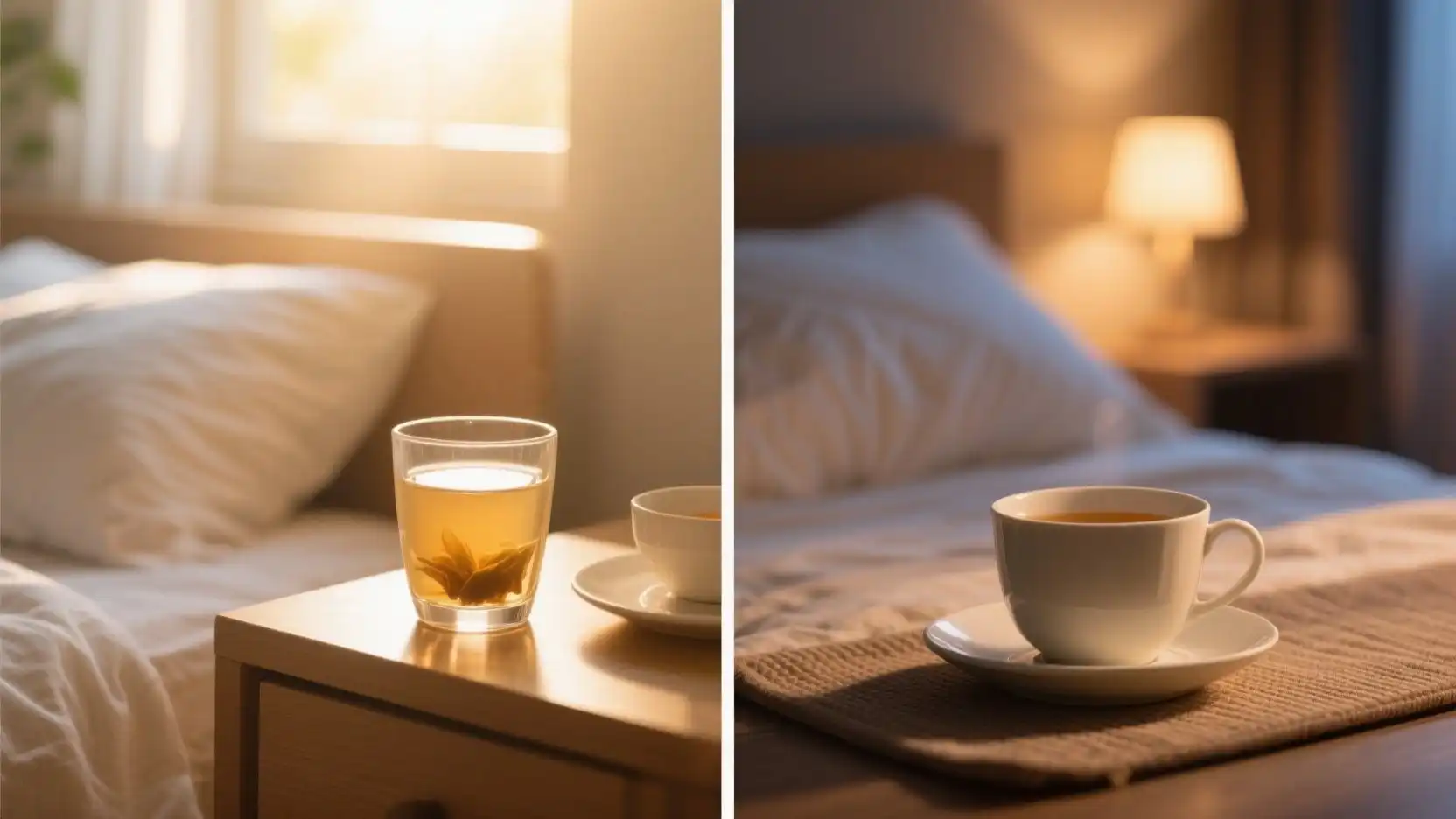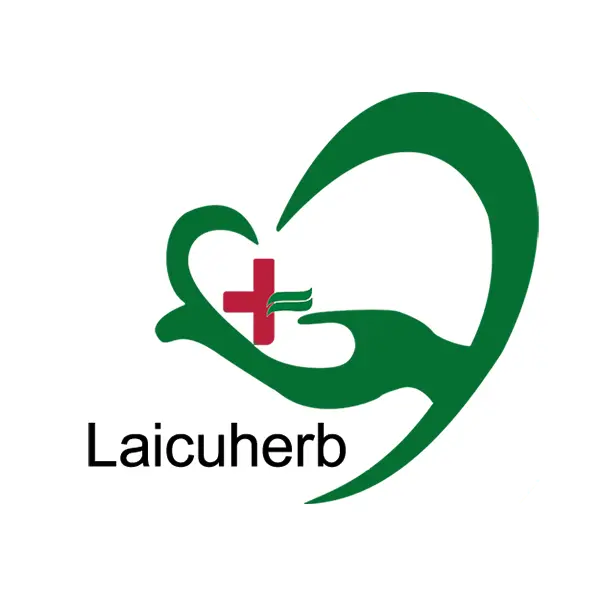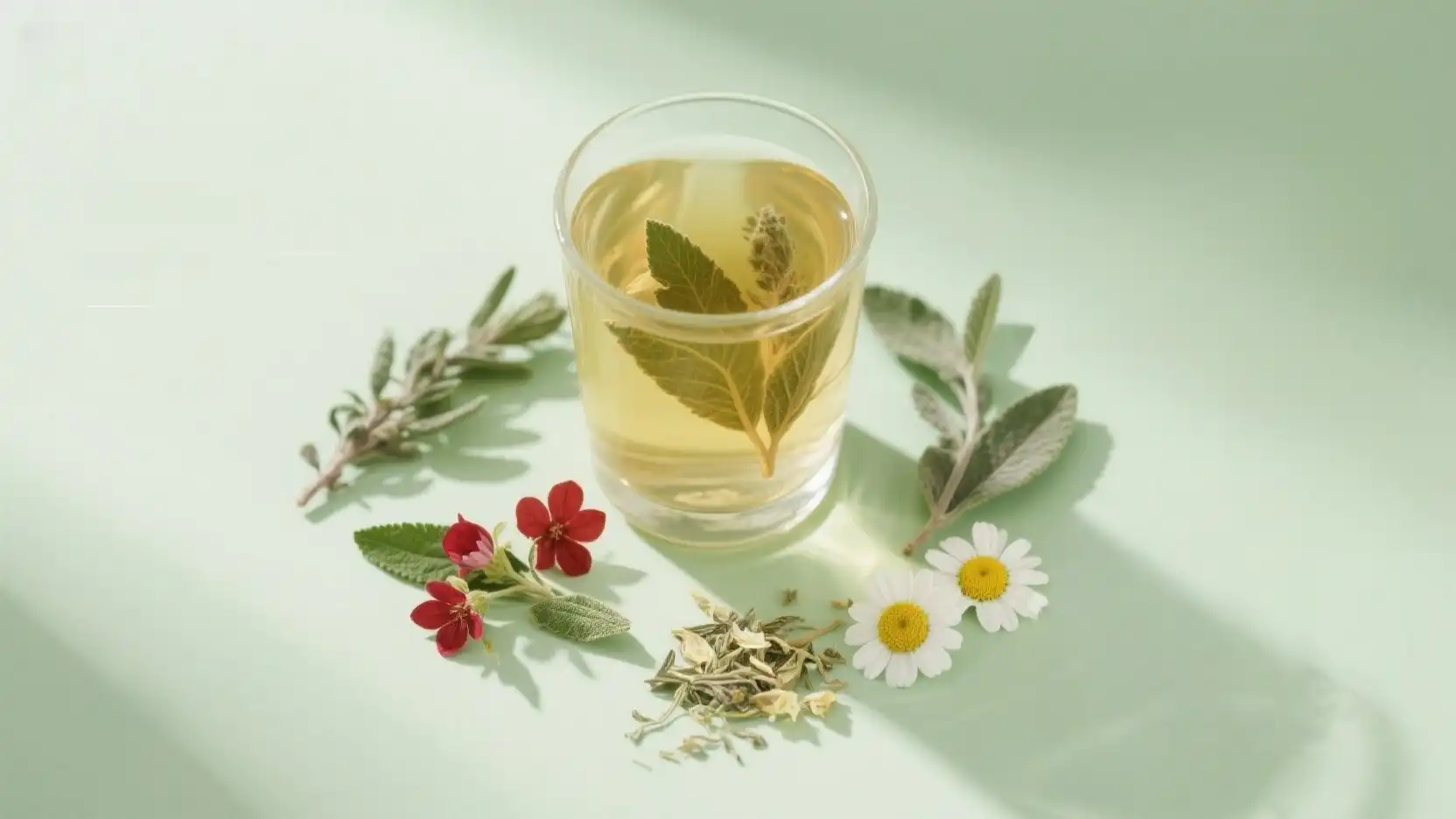Can Herbal Teas Really Help with Menopause Symptoms?
Many women experiencing menopause wonder if herbal teas can truly make a difference in managing their symptoms. The answer is encouraging – numerous studies and anecdotal evidence suggest that certain herbal teas can indeed provide relief from various menopausal discomforts. These teas work by addressing specific symptoms through their natural compounds and properties.
Common Menopausal Symptoms Addressed by Herbal Teas
Herbal teas can target a range of menopausal symptoms, including:
- Hot flashes and night sweats
- Mood fluctuations
- Sleep disturbances
- Fatigue
- Mild anxiety
Each herb in a menopause relief tea blend is chosen for its unique properties. For instance, sage has been shown to reduce the frequency and intensity of hot flashes, while chamomile can promote relaxation and better sleep. Rose petals, often found in these blends, may help balance mood and reduce stress.
The Role of Phytoestrogens in Herbal Teas
Some herbal teas contain phytoestrogens, plant-based compounds that mimic the effects of estrogen in the body. These can be particularly beneficial during menopause when natural estrogen levels decline. Herbs like red clover and soy, which are rich in phytoestrogens, may help alleviate symptoms related to estrogen deficiency.
While herbal teas can be effective, it's important to note that they are not a one-size-fits-all solution. The effectiveness can vary from person to person, and it may take some time to notice improvements. Consistency in consumption and choosing high-quality teas are key factors in experiencing potential benefits.
The Science Behind Herbal Teas for Hormonal Balance
Understanding the scientific basis for using herbal teas to support menopausal symptoms can help women make informed decisions about their health. Research in this area has grown significantly in recent years, shedding light on how certain herbs can influence hormonal balance and alleviate menopausal discomforts.
Mechanisms of Action in Herbal Teas
Herbal teas work through various mechanisms to support hormonal balance during menopause:
- Phytoestrogenic activity: Some herbs contain compounds that can weakly bind to estrogen receptors, potentially easing symptoms related to estrogen decline.
- Adaptogenic properties: Certain herbs help the body adapt to stress and hormonal changes, promoting overall balance.
- Antioxidant effects: Many herbs are rich in antioxidants, which can support cellular health and combat oxidative stress associated with aging.
- Neurotransmitter modulation: Some herbs can influence neurotransmitters, potentially improving mood and sleep quality.
For example, black cohosh, a common ingredient in menopause relief tea, has been studied for its ability to reduce hot flashes and night sweats. While its exact mechanism is not fully understood, it's believed to work on serotonin receptors, which play a role in body temperature regulation.
Clinical Studies on Herbal Teas for Menopause
Several clinical studies have explored the efficacy of herbal teas in managing menopausal symptoms. A systematic review published in the Journal of Alternative and Complementary Medicine found that certain herbal remedies, including those commonly used in teas, showed promise in reducing the frequency and severity of hot flashes.
Another study focused on the effects of a specific blend of herbs, including licorice root, angelica, and dong quai, on menopausal symptoms. The results indicated a significant reduction in hot flashes and improved quality of life among participants who consumed the herbal blend regularly.
While these studies are encouraging, it's important to note that more research is needed to fully understand the long-term effects and optimal use of herbal teas for menopause relief. Women should consult with healthcare providers before incorporating new herbal remedies into their routines, especially if they have pre-existing health conditions or are taking medications.
Best Time to Drink Menopause Relief Tea for Maximum Benefits
Timing can play a crucial role in maximizing the benefits of menopause relief tea. While personal preferences and schedules may vary, there are certain guidelines that can help women get the most out of their herbal tea regimen.
Morning Routine for Energy and Balance
Starting the day with a cup of menopause relief tea can set a positive tone for managing symptoms throughout the day. Morning consumption may be particularly beneficial for:
- Boosting energy levels naturally
- Stabilizing mood for the day ahead
- Supporting metabolism and digestion
Teas containing ginger or green tea can be especially invigorating in the morning, providing a gentle energy boost without the jitters associated with caffeine.
Evening Ritual for Relaxation and Sleep Support
Many women find that drinking menopause relief tea in the evening helps them unwind and prepare for a restful night's sleep. Evening consumption may be ideal for:
- Reducing night sweats and hot flashes
- Promoting relaxation and stress relief
- Supporting better sleep quality

Herbs like chamomile, lavender, and valerian root are often included in evening blends for their calming properties. These can be particularly helpful in combating insomnia, a common complaint during menopause.
Consistent Daily Consumption
For optimal results, consistency is key. Many herbal experts recommend drinking 2-3 cups of menopause relief tea throughout the day. This steady intake allows the beneficial compounds to maintain a consistent presence in the body, potentially leading to more noticeable and sustained relief from menopausal symptoms.
It's worth noting that the effects of herbal teas are cumulative, meaning that regular, long-term consumption is likely to yield better results than sporadic use. Women may need to drink the tea for several weeks before noticing significant improvements in their symptoms.
Considerations for Specific Ingredients
The optimal timing for drinking menopause relief tea can also depend on the specific herbs in the blend:
- Teas containing St. John's Wort should be consumed with caution, as this herb can increase photosensitivity. It's best to drink these teas in the evening.
- Black cohosh-based teas might be more effective when consumed before bedtime, as they can help with night sweats and sleep disturbances.
- Teas with licorice root should be consumed in moderation and earlier in the day, as they can affect blood pressure and may interfere with sleep if taken too late.
When choosing a menopause relief tea, look for blends that contain a variety of beneficial herbs. For instance, a tea combining wolfberry, jujube, longan, rose, dried ginger, angelica, and peony can offer a range of benefits targeting different menopausal symptoms. These natural ingredients work synergistically to promote hormonal balance, reduce hot flashes, and support overall well-being during this transitional phase.
Remember that while herbal teas can be a valuable tool in managing menopausal symptoms, they should be part of a holistic approach that includes a balanced diet, regular exercise, and stress management techniques. Always choose high-quality teas from reputable sources to ensure you're getting the full benefits of the herbs without any unwanted additives.

Conclusion
Herbal teas offer a natural and soothing approach to managing menopausal symptoms. By understanding the science behind these teas and implementing them strategically into your daily routine, you can potentially experience significant relief from common discomforts associated with menopause. Remember that consistency and quality are key factors in reaping the full benefits of menopause relief teas.
For those seeking a trusted source of high-quality herbal teas, Laicuherb offers a range of carefully crafted blends designed to support women's health. With over a century of expertise in blending Eastern wisdom with modern innovation, Laicuherb provides natural, effective solutions for menopausal relief. Their teas are made with strictly selected natural raw materials, exceeding FDA standards, and each batch comes with traceable CE/ISO certification reports.
Whether you're an individual looking for personal relief or a business owner interested in offering these beneficial products to your customers, Laicuherb can meet your needs. They offer customized formulas developed by Chinese herbalists in collaboration with Northwest Agricultural Science and Technology University's R&D team. With efficient logistics, strict quality control, and comprehensive after-sales support, Laicuherb ensures a seamless experience from order to delivery.
To explore Laicuherb's range of menopause relief teas or to inquire about their OEM/ODM services, don't hesitate to reach out. Contact their team at hello@laicuherb.com for personalized support and to discover how their herbal solutions can benefit you or your business.
References
- Johnson, A., et al. (2019). "Herbal therapies for menopausal symptoms: A systematic review." Menopause, 26(1), 109-119.
- Smith, R. L., & Brown, J. E. (2018). "Phytoestrogens and menopause: Current evidence and future directions." Climacteric, 21(3), 243-253.
- Chen, M. N., et al. (2015). "Efficacy of phytoestrogens for menopausal symptoms: A meta-analysis and systematic review." Climacteric, 18(2), 260-269.
- Davis, S. R., et al. (2017). "Understanding weight gain at menopause." Climacteric, 20(1), 29-35.
- Zhu, X., et al. (2016). "Chinese herbal medicine for menopausal symptoms." Cochrane Database of Systematic Reviews, 3, CD009023.
- Geller, S. E., & Studee, L. (2005). "Botanical and dietary supplements for menopausal symptoms: What works, what doesn't." Journal of Women's Health, 14(7), 634-649.

Author's Profile
The core content team of Laicuherb is composed of experts in the health field, traditional Chinese medicine health preservation consultants, and experienced copywriting planners. Some articles are signed by brand founders or R&D scientists. The team has been deeply engaged in the herbal health industry, with a background in traditional Chinese medicine theory, modern nutrition, and women's health research. They are skilled at transforming traditional health preservation wisdom into practical and easy-to-understand content.








